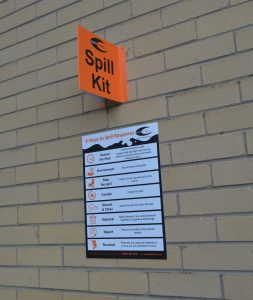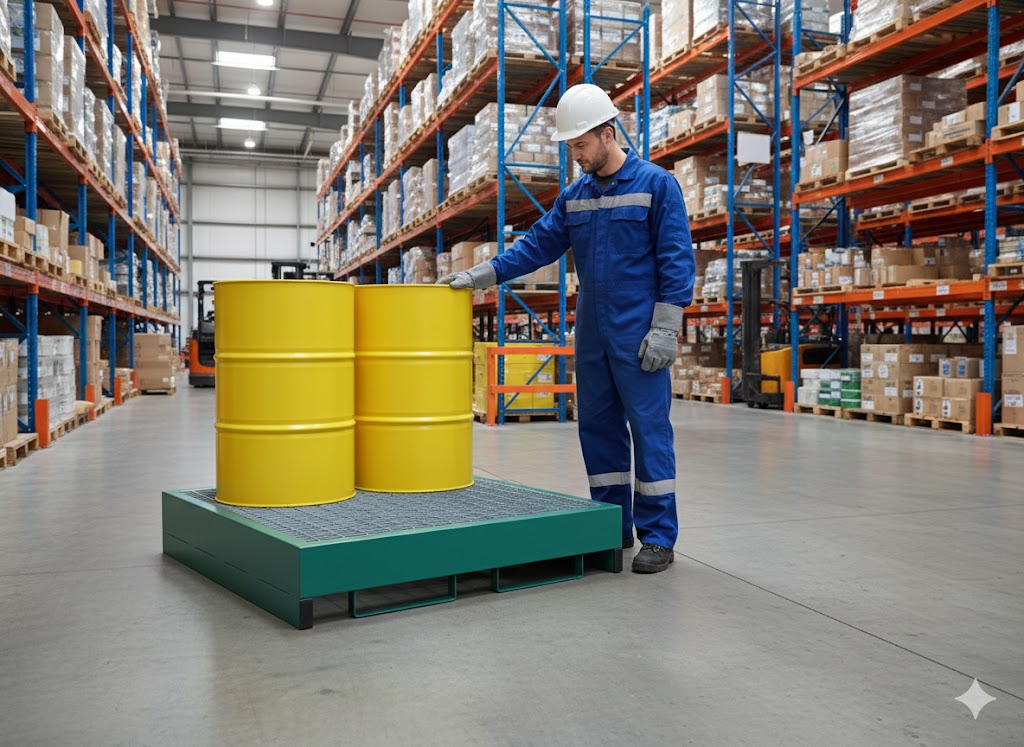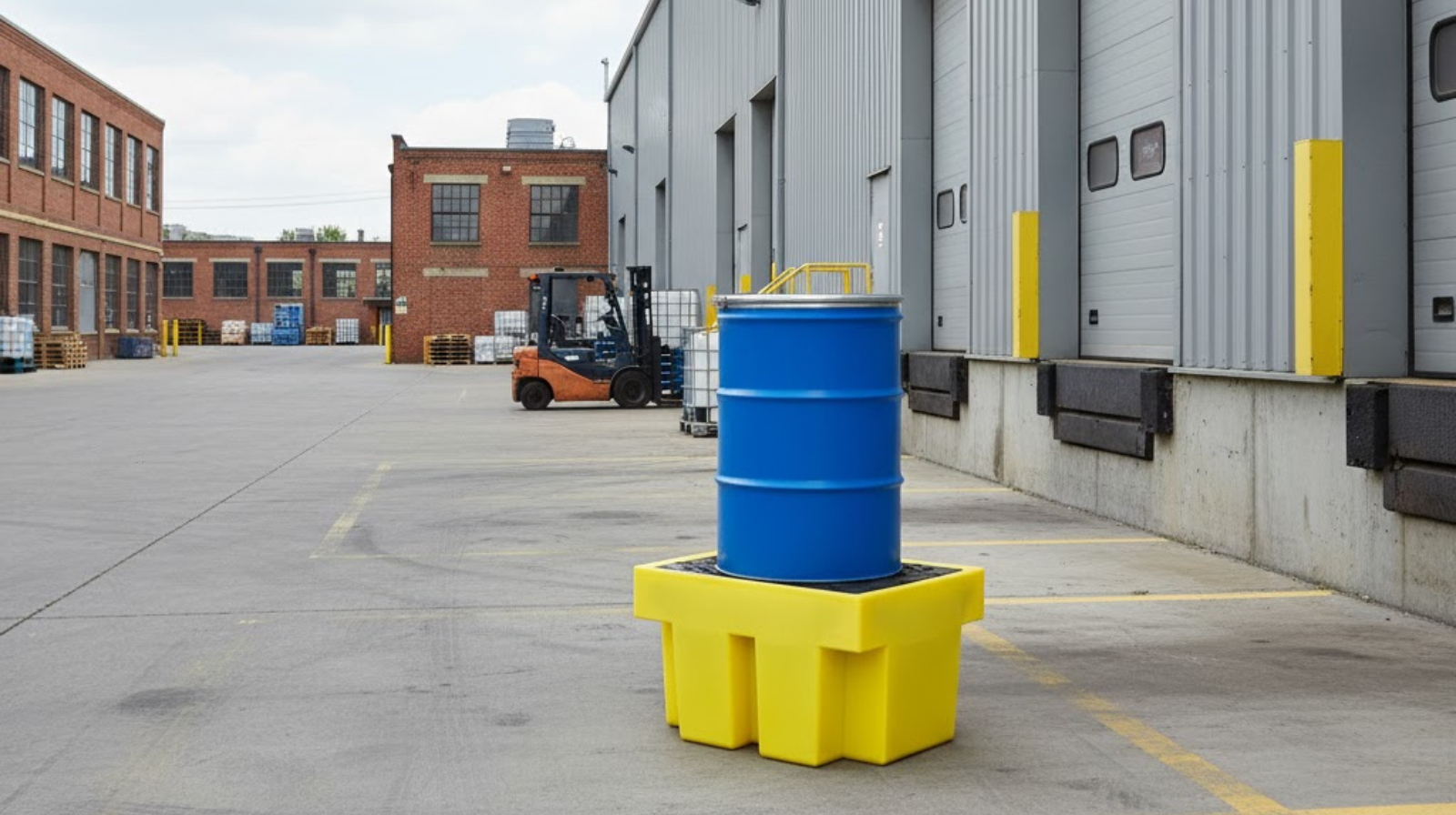Emergency spills can cause panic, pollution and damage. Although an emergency spill is rarely expected, they do happen, normally due to a sequence of failures managing liquids effectively on site. The consequences of an emergency spill can be severe, both for the environment, your staff and your business. We’ll take a look at how an effective emergency plan will ensure your business responds to unexpected hazardous spills properly, reducing any impacts of waterway pollution and danger to your staff and business.
What are the benefits of having a good emergency response plan in place?
- A controlled and effective response to an emergency spill
A good emergency response plan means that your business and staff will have the training and protocols to properly respond to any spill emergencies quickly and calmly. Emergency spills can quickly get out of control, so knowing when to raise the alarm, how to communicate the spill across the site as well the best first response will ensure your staff respond to an emergency quickly and calmly, reducing any damage created by the incident.
- You’ll know which products to use to respond to the spill
Knowing which products to use to contain, manage and clean up a spill is vital. But it can also be complicated, particularly in an emergency situation. Using the wrong products or following the wrong containment protocol can make an incident worse, spreading pollution and causing harm to staff. An emergency response plan will detail the relevant products, equipment and substance-specific steps to use for the types of liquid and chemicals handled on your site, giving clarity and best practice in an emergency.
- Your staff will react with certainty in an emergency spill
In an emergency spill, it’s important to have confidence in the immediate best response. This reduces panic and takes control of the situation. Making sure your staff know to turn off any heat sources or whether the area needs to be isolated, as well as removing any people hurt by the spill or evacuating the site is essential, and an emergency response plan will detail these necessary measures step-by-step.
- Your staff will be kept safe from the effects of a chemical spill
The health and safety of your staff during and after an emergency spill incident is a top priority for any business. Developing an effective emergency response plan to use in the time of an emergency spill hazard will detail how to manage the spill to reduce harm to your staff. These steps can including site evacuation, how to treat any injuries from the spill and which staff members are properly trained to be first responders.
- Your business will remain responsible and legally compliant
No business wants to deal with an emergency spill, but they do happen. Investing in a thorough emergency response plan will make sure you continue to be legally compliant and responsible. In addition, an emergency plan will mean you take swift and effective action to reduce any environmental pollution or damage to the area, ensuring your business reputation and compliance is maintained.
Invest in training and developing a robust emergency response plan
If your business has strong liquid management protocols in place, it can be easy to become complacent regarding the necessity of an emergency response plan. But the risks to human and environmental health are too serious to ignore. By taking the time to develop an effective emergency response plan and investing in quality staff training, you’ll ensure your business is well-equipped to deal with any spill emergency.
Spillcraft delivers effective and up-to-date training in all areas of legislation compliance and emergency spill responses. To discuss how we can help your business, call 01606 352 679 or email [email protected] today.







